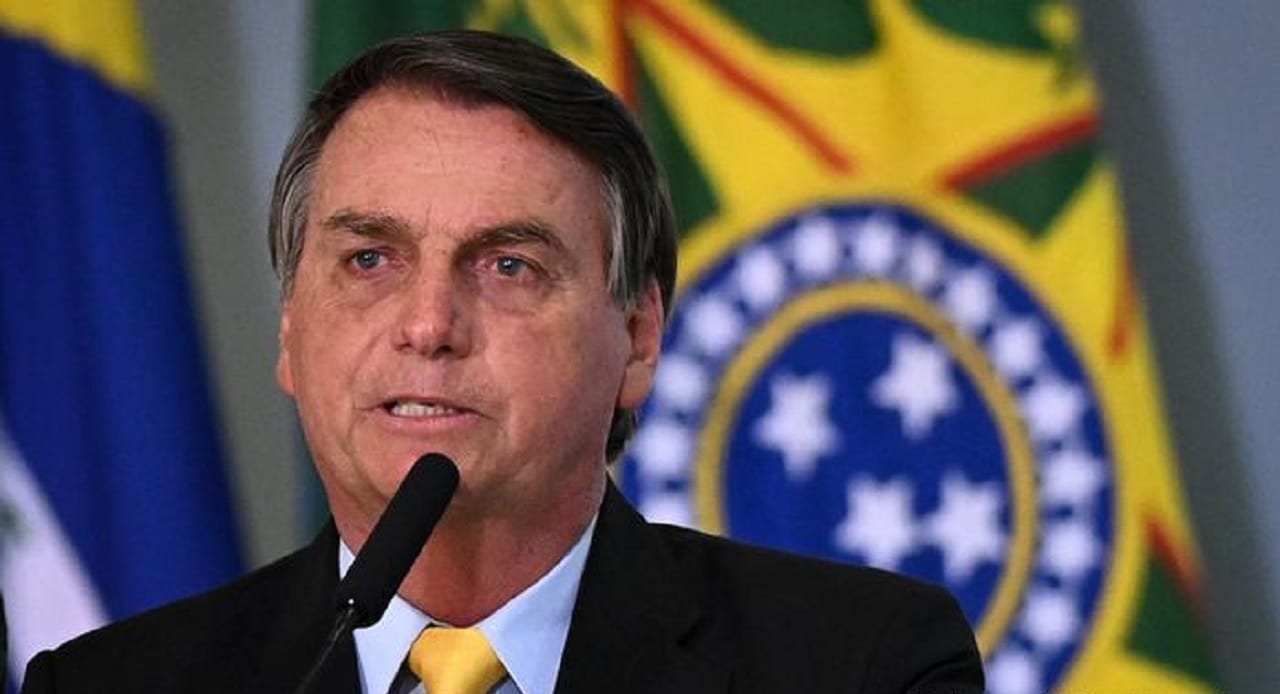RIO DE JANEIRO, BRAZIL – President Jair Bolsonaro said Wednesday that Brazil is in advanced talks with Argentina to bring gas from the Vaca Muerta, the world’s second largest unconventional gas reserve, to his country.
“We are quite advanced in bringing gas from Vaca Muerta here,” the Brazilian president said at an event with industry leaders.

The Brazilians are trying to meet the needs of their domestic market through less costly alternatives than LNG supplies from overseas. For gas supplies, the Jair Bolsonar-led country relies on the agreement with Bolivia that has been in place for two decades.
In this context, the project for a gas pipeline with cheaper energy from the Argentine deposit is presented as a real opportunity for the energy system of the neighboring country.
“In Vaca Muerta, Argentina has a large production of the gas that Brazil needs. We are working hard to increase the connectivity of the input not only in terms of energy but also as a raw material for fertilizers,” foreign minister Carlos França said a while back. “For Brazil, Argentina is an absolute priority,” the official told the press.
Finally, the Brazilian foreign minister referred to the agreement with Bolivia and assured that the commitment with Argentina represents “a Gas 4.0 agreement.” “I am a proponent of integration with Vaca Muerta,” he said.
Last year, investments focused on gas, driven by a plan by the Fernández government that gave strong incentives to companies in this segment.
The Gas.Ar plan bore fruit: Vaca Muerta reached production records, with a mark of 69 million cubic meters per day of unconventional gas last March, already representing 55% of all the gas produced by Argentina.
But the growing production has run into a serious obstacle: the capacity of the gas pipelines that leave Vaca Muerta are already at their maximum level of use and, if it is not expanded, there is nowhere to evacuate more production.
To overcome this obstacle, the Government is working on the construction of a new gas pipeline from Vaca Muerta and the expansion of the existing network, a work whose first stage will require an investment of US$1.5 billion and that the authorities hope to have it finished by the southern winter of 2024.
The work, which in a second phase will require additional investments of US$1.9 billion, is considered by both the Government and the private sector as strategic, necessary and, certainly, urgent.
Sitting on enormous gas reserves, Argentina, today, needs to import natural gas from Bolivia and liquefied natural gas (LNG) from various parts of the planet to supply domestic demand, particularly in winter.

